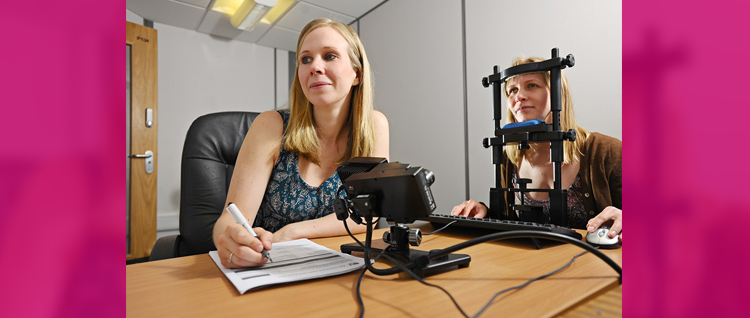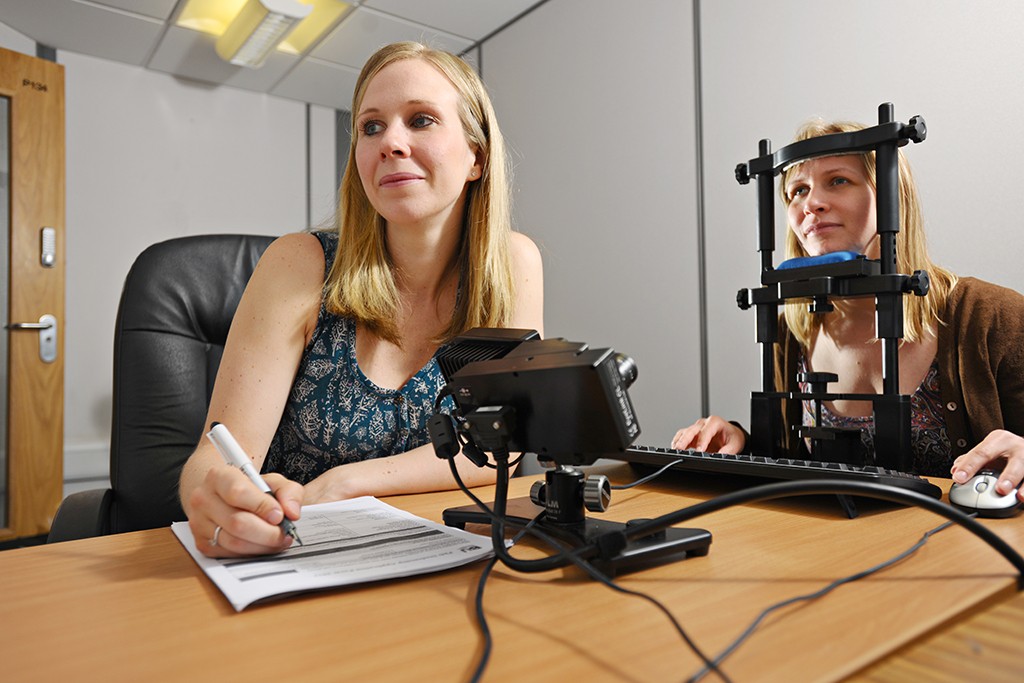Bournemouth University


![]()

Bournemouth University researchers have developed new treatments for prosopagnosia – the inability to recognise faces. Their work has led to improved services for those affected by the condition through a new scalable assessment and intervention programmes which could transform the lives of an estimated 300,000 children affected by the condition in the UK alone.
Public and professional awareness of prosopagnosia is low despite the condition affecting one person in 50. Some children with the condition can encounter severe social and educational difficulties. Adult sufferers may try to avoid embarrassment through self-imposed social isolation and miss out on accessing the support and treatment they sorely need. Being able to identify the condition reliably ensures that sufferers get the provision they require, which is particularly essential during early development.
BU’s researchers have been contacted by around a 1,000 people with face processing difficulties, and have so far carried out cognitive screening sessions with over 100 people to establish whether they met the diagnostic criteria for prosopagnosia. This service is currently unique to the UK and its availability – even on a limited scale – has been highly beneficial to individuals and their families. The lives of individuals affected by prosopagnosia are transformed when their long-standing difficulties to maintain normal social interaction are finally understood.
The researchers have also developed new protocols to identify whether patients may be affected by face processing impairments evident in other disorders such as Moebius syndrome, autism, and ME. They have tested over 100 individuals to date.
Extending the success of its effective diagnosis techniques, the Centre is exploring clinical and cognitive treatments. More than 40 adults and children are currently enrolled on the Centre’s cognitive training programmes. Participants are required to make fine-grained discriminations between pairs of similar faces, with tasks becoming increasingly difficult as participants progress through levels in a computer game format over a 12-week period.
They are also pioneering the first clinical treatment for the condition by investigating the effectiveness of combining their cognitive screening programmes with inhaling a hormone called oxytocin, after demonstrating this hormone could lead to a temporary improvement in face recognition skills.
The researchers are also working to make sure that the hundreds of thousands affected no longer suffer in silence. Their research and lobbying activities are helping to influence significant policy changes within health organisations and charities. For example, the NHS has committed to adding prosopagnosia to the NHS Choices website’s A-Z of conditions, while The Encephalitis Society and Headway have both produced factsheets about prosopagnosia.




